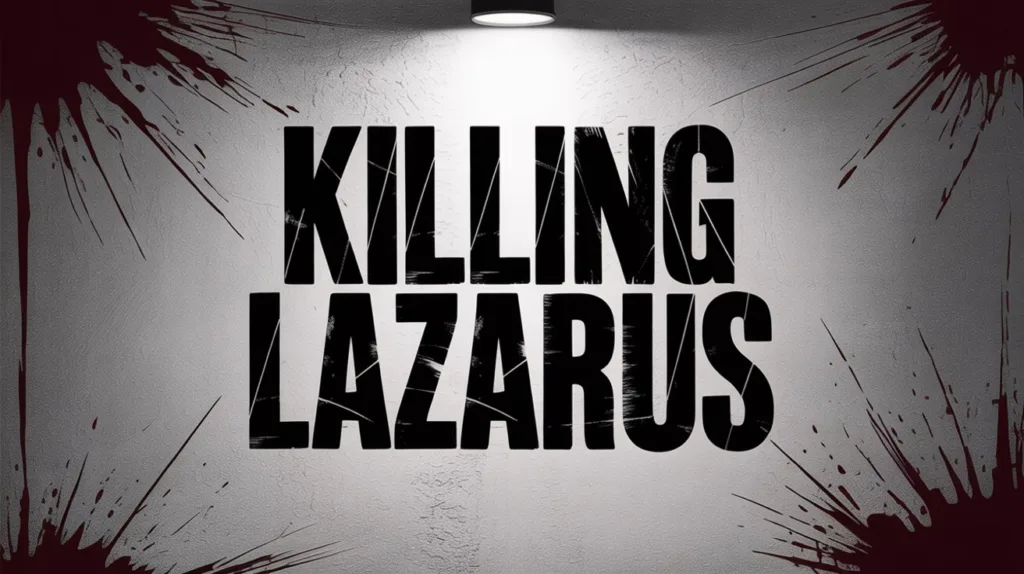David’s son died as a direct consequence of his sin with Bathsheba and the murder of her husband, Uriah. Though David was forgiven, the Lord decreed that the child would die to show the seriousness of sin and the cost of bringing reproach to God’s name.
After Nathan confronted David, he delivered God’s judgment:
“Because by this deed you have given great occasion to the enemies of the Lord to blaspheme, the child also who is born to you shall surely die.”
(2 Samuel 12:14)
David fasted, prayed, and pleaded with God:
“Who can tell whether the Lord will be gracious to me, that the child may live?”
(2 Samuel 12:22)
But on the seventh day, the child died:
“Then David arose from the ground, washed and anointed himself, and changed his clothes; and he went into the house of the Lord and worshiped.”
(2 Samuel 12:20)
David’s response showed humility and submission to God’s justice. He explained his change in behavior to his servants:
“But now he is dead; why should I fast? Can I bring him back again? I shall go to him, but he shall not return to me.”
(2 Samuel 12:23)
Though tragic, the child’s death served as a public consequence of a private sin. God’s mercy allowed David to live, but the incident marked the beginning of ongoing turmoil within David’s house, as God had said the sword would not depart from it (2 Samuel 12:10).
This event reveals both the weight of sin and the grace of God to restore the repentant. David and Bathsheba later had another son, Solomon, whom God loved (2 Samuel 12:24–25).





 Get the book that teaches you how to evangelize and disarm doctrines from every single major cult group today.
Get the book that teaches you how to evangelize and disarm doctrines from every single major cult group today.